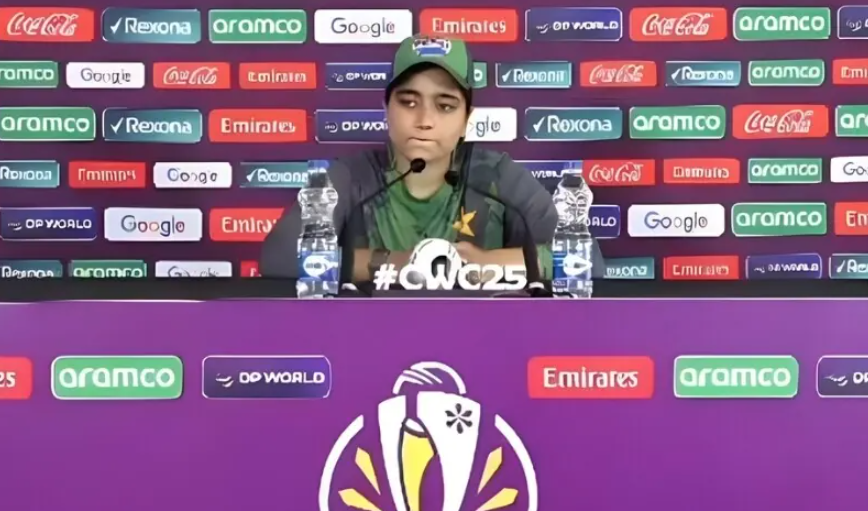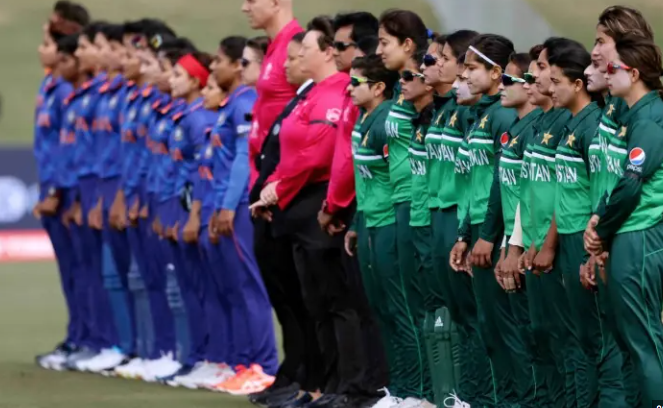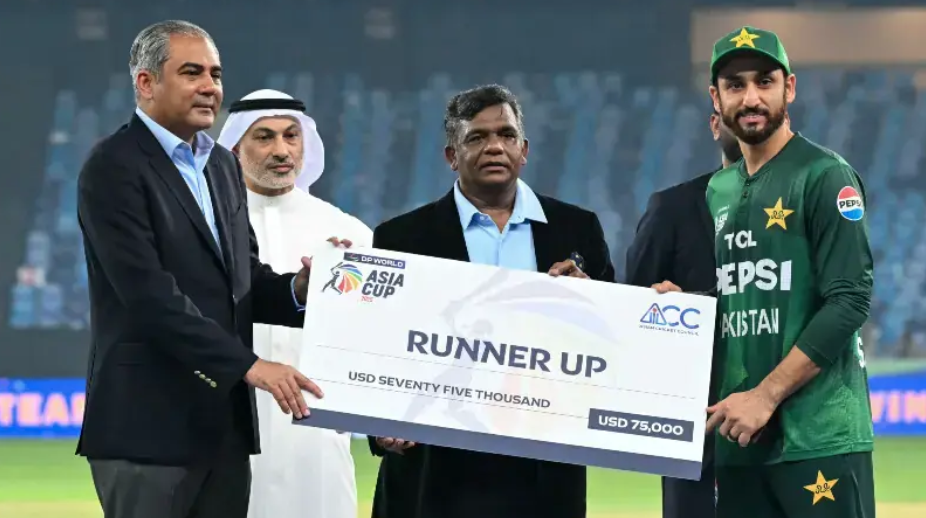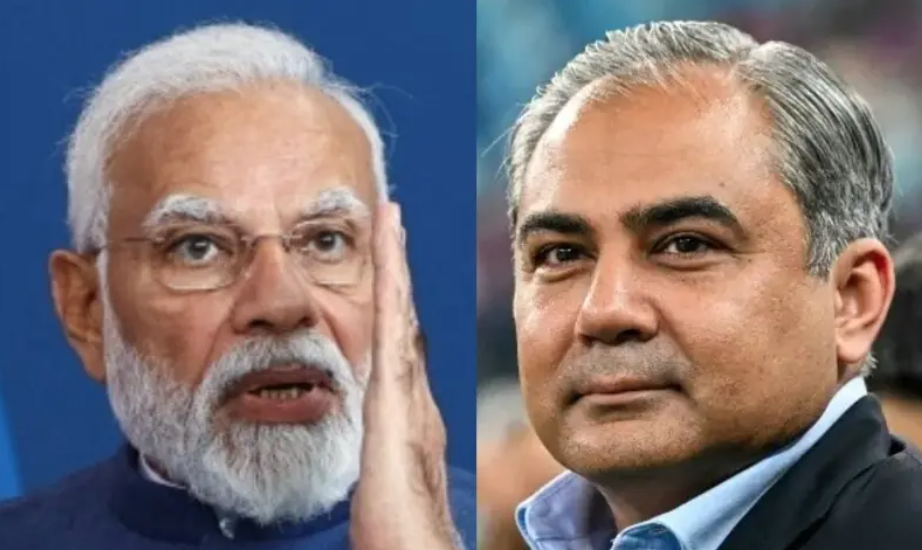SPORTS
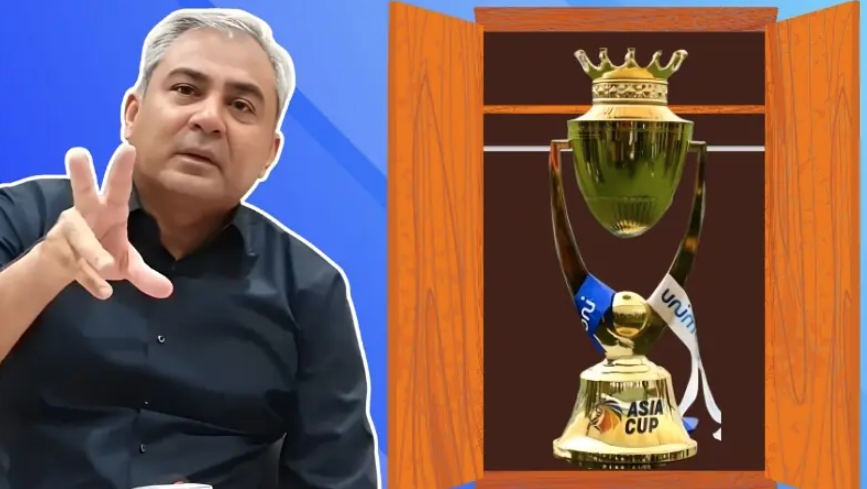
The Asia Cup 2025 trophy remains locked inside the Asian Cricket Council (ACC) headquarters in Dubai following India’s refusal to accept it from ACC President Mohsin Naqvi, according to sources familiar with the matter.
On the strict instructions of Mohsin Naqvi, who also serves as Pakistan’s Home Minister and Chairman of the Pakistan Cricket Board (PCB), the trophy has been secured and is not to be touched or moved without his permission.
“The Indian team can come and take the trophy from my hands whenever they want. Inform me whenever there’s a plan,” Naqvi reportedly told ACC staff, according to insider sources.
The controversy began on September 28, when India defeated Pakistan in the Asia Cup final in Dubai but refused to receive the trophy from Mohsin Naqvi during the post-match ceremony. In response, Naqvi left the stage holding the trophy himself, and it has since remained in the ACC office.
Sources within the ACC confirmed that Naqvi’s instructions were categorical — the trophy is not to be moved or handed over to anyone without his personal consent and presence.
The incident has fueled tensions between the Board of Control for Cricket in India (BCCI) and Naqvi, who has been a contentious figure amid deteriorating diplomatic relations between India and Pakistan, particularly after the Pahalgam terror attack.
The BCCI has reacted strongly, maintaining that Mohsin Naqvi had “no authority to personally keep or present the trophy,” especially since India was the official host of the 2025 edition. The Indian board is reportedly preparing to raise the issue at the upcoming ICC meeting next month and may seek formal action against Naqvi, including a proposal to terminate his ACC membership.
The Asia Cup tournament itself was marred by political tension and controversy, with reports of Indian and Pakistani players refusing handshakes and engaging in politically charged gestures on the field. Naqvi’s public statements throughout the event further intensified the atmosphere.
Observers say the dispute could have far-reaching consequences for the future of Asian cricket and inter-board relations, as it merges cricketing diplomacy with escalating political hostilities.

